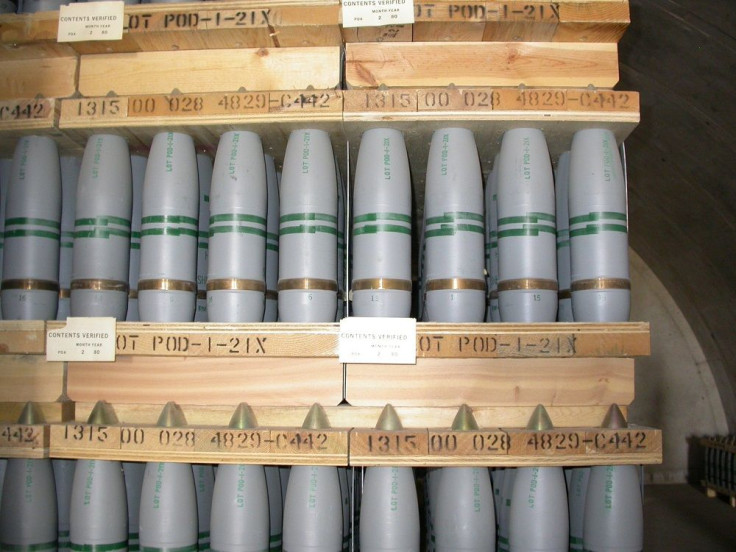Captured ISIS chemical expert reveals terror group is developing mustard gas in powdered form

A chemical expert of the Islamic State of Iraq and Syria (ISIS) captured by US special forces in February admitted that the terror organisation is developing mustard gas in powdered form. They plan to use it in artillery shells which could cause severe injuries and maim people.
Sleiman Daoud al-Afari, who used to work for the Military Industrialization Authority when Iraq was led by former dictator Saddam Hussein, specialises in chemical and biological weapons. He was caught during a raid near Tal Afar, a northern town in Iraq, reports The New York Daily News.
A Class 1 chemical agent, sulfur mustard has few uses outside chemical warfare. It was used during World War I which caused severe delayed burns in the eyes, skin and respiratory tract of the victims.
With the information that al-Afari confessed during interrogation, the US-led coalition started to target the chemical weapons infrastructure of ISIS with air strikes and special operations raids beginning January until February. The strikes would go on and be strengthened in the coming days, according to intelligence and western security officials.
ISIS used mustard gas in 2015 when they attacked Kurdish soldiers in Iraq. A global chemical arms watchdog tested the site and confirmed it was the first known use of chemical weapons in the Middle Eastern nation since Hussein’s fall.
About 35 Kurdish soldiers became since in August after the ISIS attack in Erbil. When the Organization for the Prohibition of Chemical Weapons (OPCW) tested the sick troops, the OPCW confirmed mustard gas was used on them based on samples taken by the watchdog.
Meanwhile, the German federal crime police confirmed on Thursday that the 22,000 ISIS files obtained by Sky News through a defector is authentic. The files contain real names, location, telephone numbers and sponsors of fighters for the Islamic terror group, reports Associated Press. The names of the files are from the UK, other countries of Europe, US, Canada, North Africa and Middle East.
A former fighter, disillusioned with ISIS, downloaded the files on a memory stick which he filched from the head of ISIS’s internal security police, and then passed it on to Sky News.





















